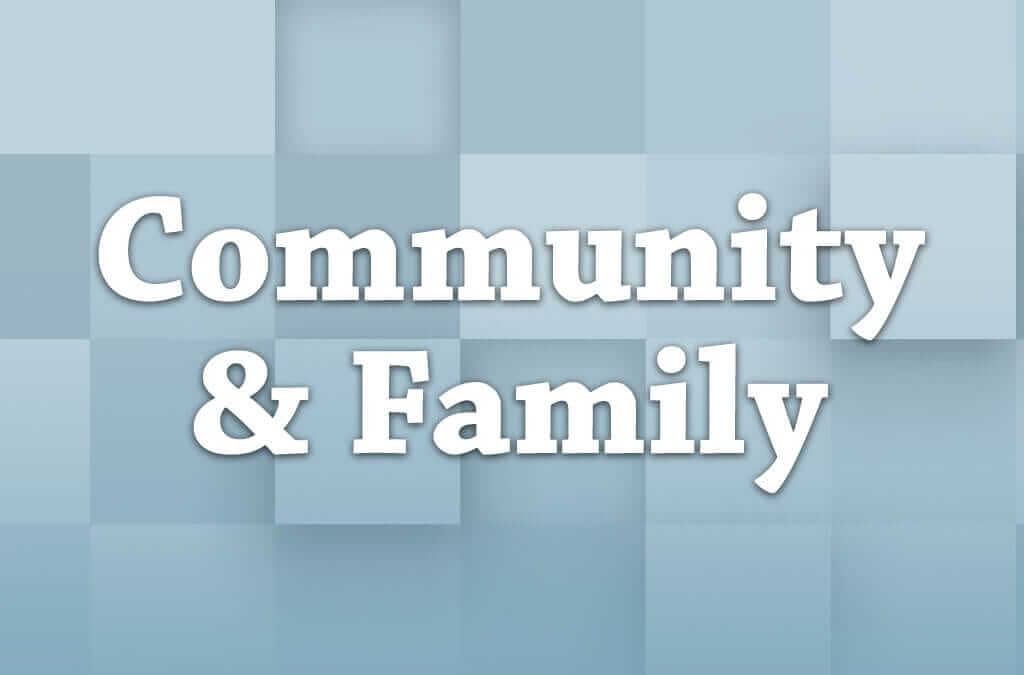Why Understanding Banking Matters
Financial literacy is essential for navigating today’s complex economy, but many people—young and old alike—lack the tools and knowledge to manage their finances effectively. While traditional home economics classes once taught skills like balancing a checkbook, modern education often leaves gaps in economic know-how. Efforts to increase financial literacy are growing, as studies show that many consumers don’t fully understand how banking tools work or how to use them to their advantage.
Here’s a closer look at the challenges and how you can take control of your financial health.
Understanding Your Checking Account
Managing a checking account goes beyond simply depositing money and making withdrawals. A study by Pew, Safe Checking in the Electronic Age, found that many consumers face unexpected fees and unclear terms that impact their financial well-being. Issues include:
- Hidden overdraft fees
- Undisclosed charges for debit cards and checking accounts
- Confusing and lengthy account agreements
These problems mirror the backlash Bank of America faced when proposing monthly debit card fees. According to Susan Weinstock, director of the Pew project, the root of the issue lies in the lack of transparency in bank literature:
“Consumers must have understandable, transparent information that enables them to make educated choices when comparing one checking account’s costs and benefits to another.”
When opening a checking account, it’s crucial to ask questions about potential fees and terms to avoid unpleasant surprises.
Financial Education for All
The lack of financial knowledge extends beyond young people. A USA Funds study found that students often struggle with personal finance management, a problem echoed by findings from the 2012 Consumer Financial Literacy Survey conducted by the National Foundation for Credit Counseling. These challenges cut across age groups and demographics, rooted in:
- Complex, jargon-heavy bank communications
- Limited understanding of financial products and services
To address this, online courses, such as those offered by USA Funds, help students and consumers decipher professional jargon. Additionally, consulting a financial advisor or bank associate can provide personalized guidance, saving you the hassle of sifting through complicated resources on your own.
Keeping Tabs on Your Finances
According to the Financial Literacy survey, half of Americans don’t monitor their monthly expenses or review their bank statements. This lack of oversight means they may never catch unexpected fees or mistakes. Other key findings include:
- Many people fail to track their credit scores annually.
- Consumers often overlook tools that could help with budgeting, mortgages, and financial planning.
Without a full understanding of the financial products they use, individuals risk losing control over their personal wealth.
Take Charge of Your Financial Health
The best way to protect your finances is to stay informed. When opening an account or signing up for a banking service:
- Ask Questions: Understand all associated fees, terms, and benefits.
- Monitor Expenses: Regularly review your bank statements to catch errors or unnecessary fees.
- Use Resources: Explore online tools, seek advice from your bank, or work with a financial advisor.
It’s your money—make sure you know where it’s going and how it’s working for you.
Let My Bank Be Your Partner in Financial Success
At My Bank, we’re committed to helping you navigate your financial journey. Our team is here to answer your questions, provide transparent information, and guide you toward smarter banking decisions. Ready to take control of your finances? Visit your local branch, call us, or explore our resources. Let’s work together to strengthen your financial future.


